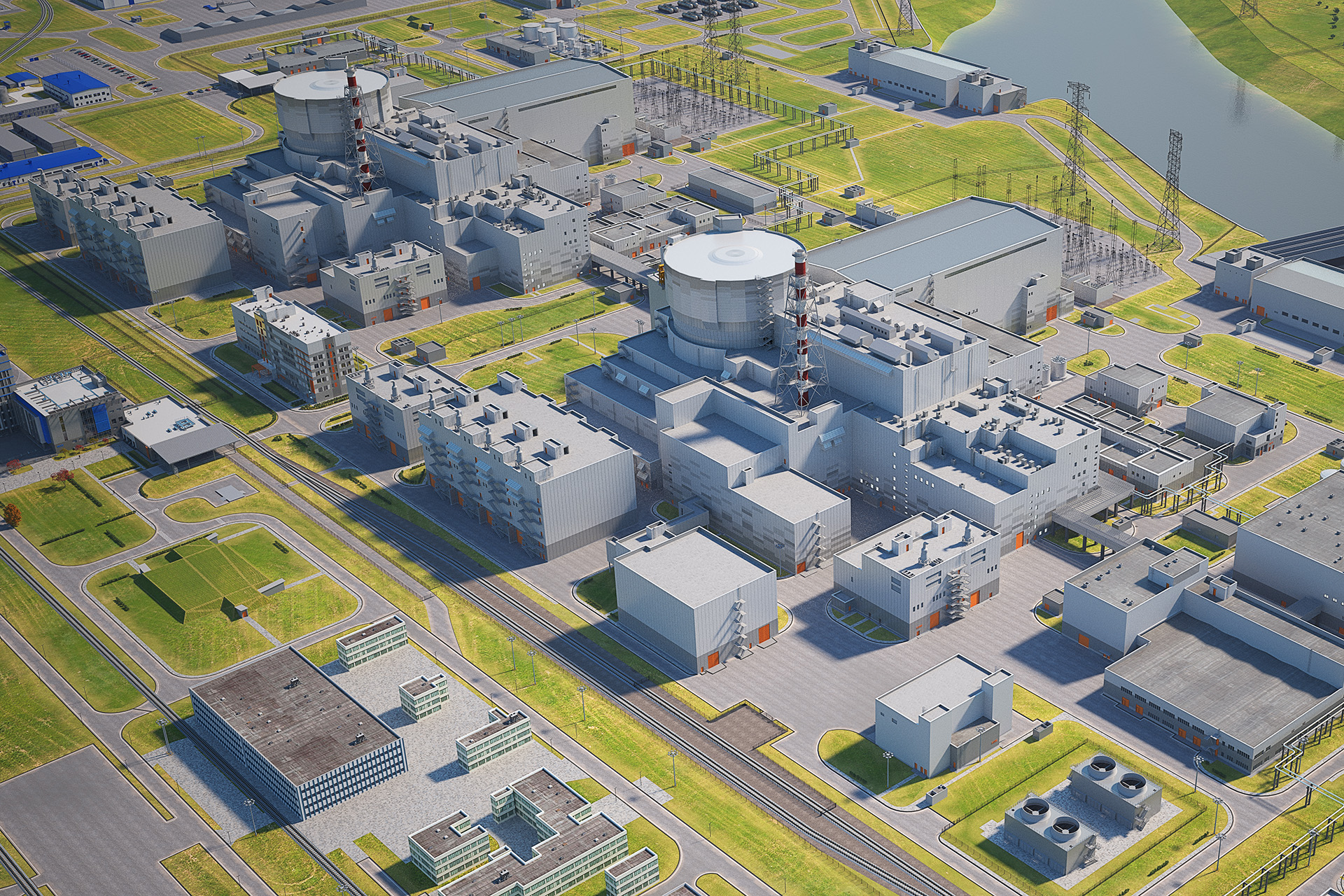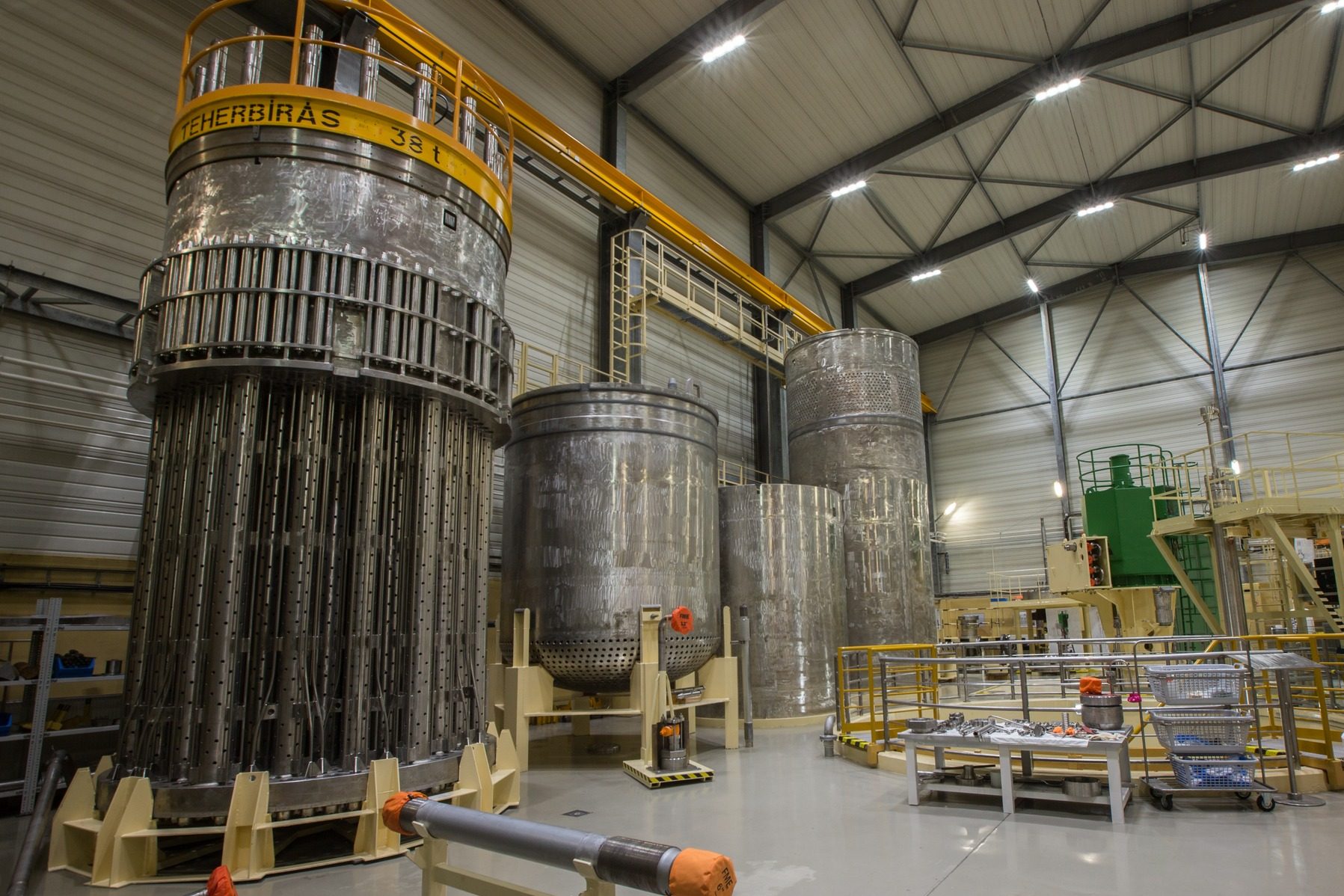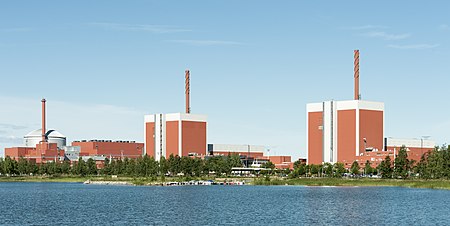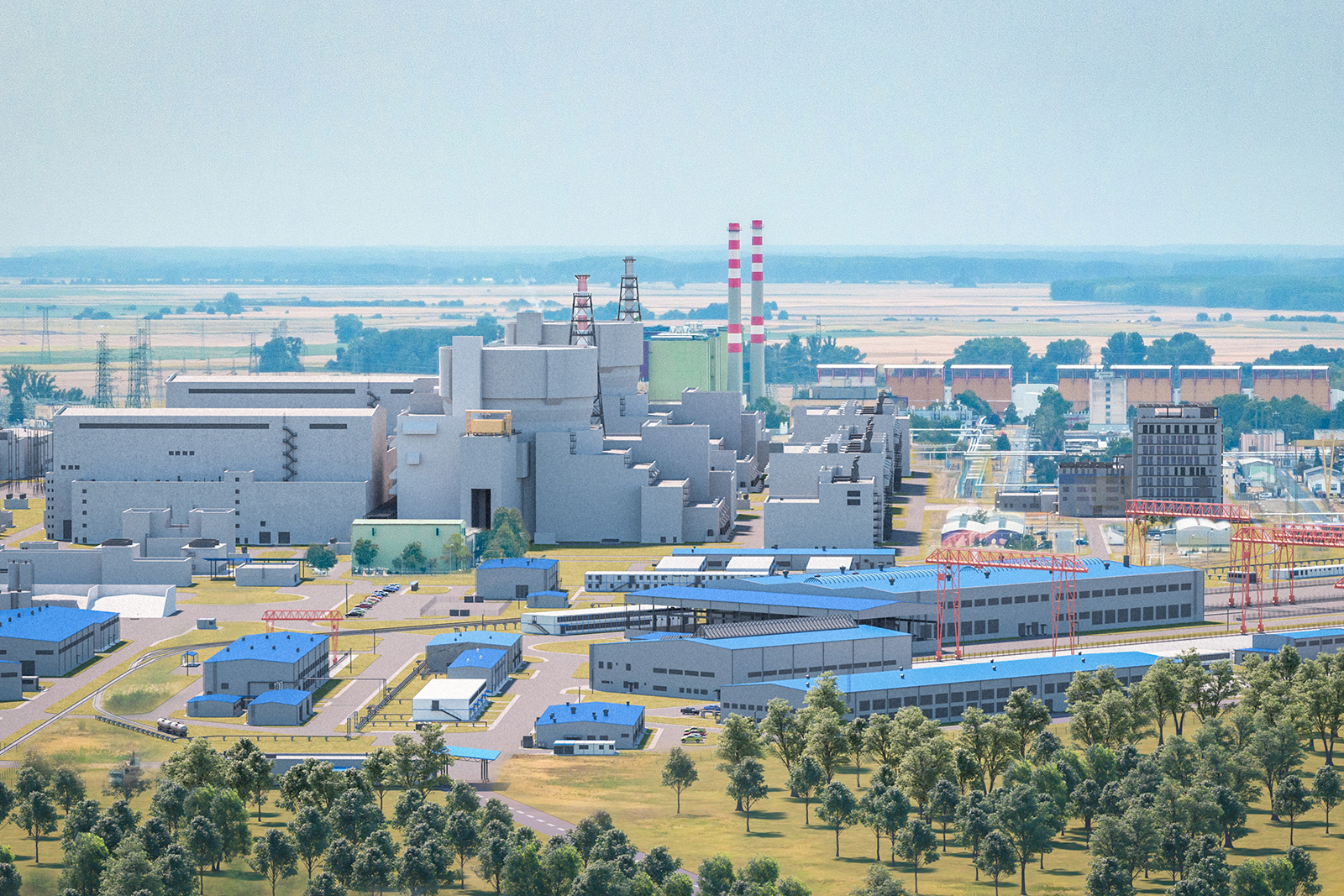
The Paks project guarantees the long-term security of Hungary's energy supply, Foreign Minister Péter Szijjártó says.Continue reading

Currently, there are two ways to deal with nuclear waste. Recycling would also make nuclear energy green, in the case of the Paks nuclear power plant, as it would mean less waste to store, and would also reduce costs, reports Magyar Nemzet.
A growing number of countries are looking to build new nuclear power plants or extend the lifetime of existing units to achieve security of supply, climate protection, and cheaper electricity.
At the same time,
one of the most important issues for the long-term social acceptance of nuclear energy is waste management,
said nuclear energy expert and engineer Zsolt Hárfás.
There are basically two options for the safe management and final storage of spent fuel, he explained. The first is the open fuel cycle, which means that spent fuel will be placed directly in a deep repository without processing. The world’s first geological repository of this type, in Olkiluoto, Finland, is expected to be operational in two years’ time, he added.

The Olkiluoto nuclear power plant in Finland. Photo via Wikipedia
The siting of such a facility also requires a long period of planning, research, and policy decisions, not to mention the time and cost of building the repository. Hárfás pointed out that the solution does not ensure the sustainability of nuclear energy, since the acceptance of nuclear technology can be promoted by recycling, or in other words by closing the nuclear fuel cycle.
Here, reprocessing can be seen as a potential new fuel for spent fuel, and the reprocessing strategy can also significantly expand the globally available uranium reserves.
Russia, far ahead of its Western rivals, is leading the way in this area, having been working for decades to close the nuclear fuel cycle. This involves using innovative technologies to recover the remaining usable isotopes from spent fuel cassettes and using them to produce a new type of fuel, significantly contributing to the reduction of the amount of high-level waste and thus the size and cost of the final repository, while also generating significant amounts of additional electricity.
This is important, the expert stressed, because the closure of the fuel cycle will allow MOX fuel to be produced for the Paks II nuclear power plant if the spent fuel stored near the Paks plant is processed in Russia, and
therefore less high-level waste will have to be disposed of in Hungary.

The plan of Paks II nuclear power plant. Photo via Facebook/Paks II. Atomerőmű Zrt.
In addition, Russia already has transmutation technology that can reduce the “decay” of the final waste disposal by up to two orders of magnitude, i.e. the time it takes for radioactivity to fall below hazardous levels can be measured in hundreds of years, this being an important cost-reducing factor in the design of a waste repository. Countries using nuclear energy have to dispose of high-level waste in deep disposal facilities on their own territory.
Via Magyar Nemzet, Featured photo via Facebook/MVM Paksi Atomerőmű Zrt.